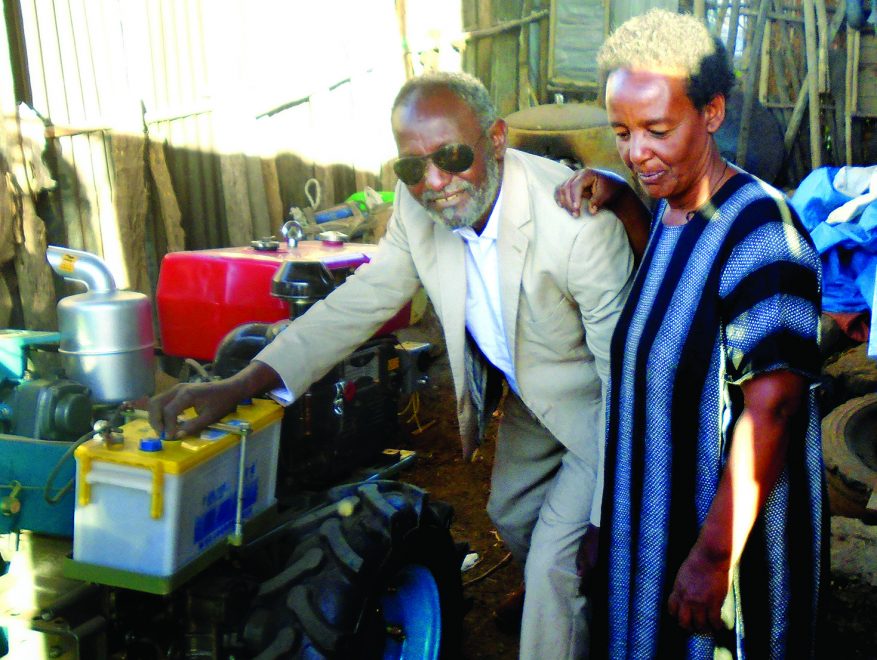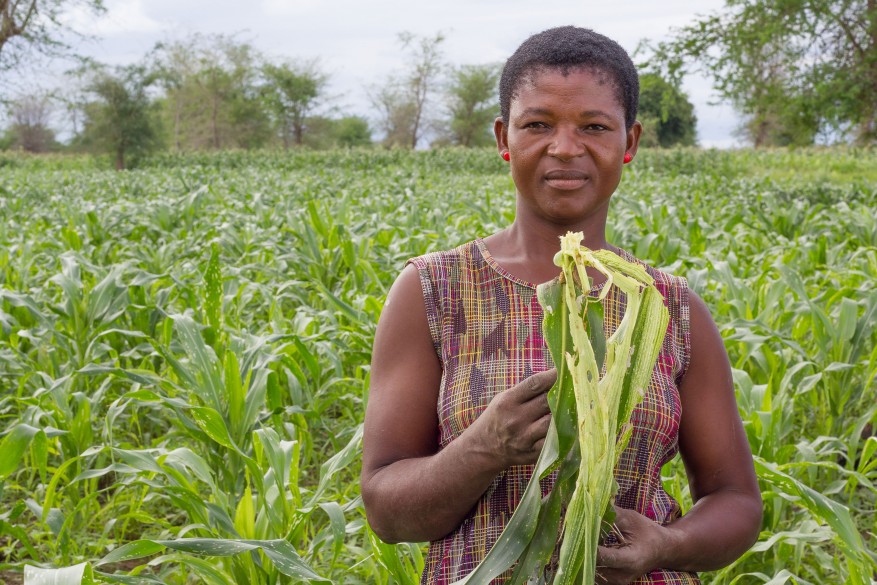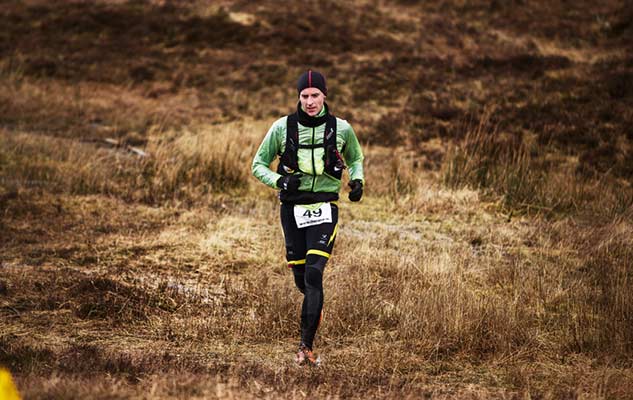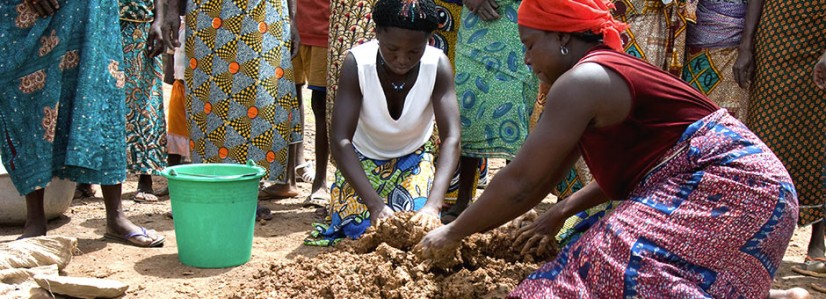Enter the 2023 TCS New York City Marathon, on behalf of Self Help Africa and make your race count.
Read MoreSeed security and success for Sisay and Kelemua
In Uganda, we are training refugees to produce quality graisn and crops that they can sell to the World Food Programme, biggest buyer in the region.
Read MoreRefugee Farmers Selling Grain to UN Agency
In Uganda, we are training refugees to produce quality graisn and crops that they can sell to the World Food Programme, biggest buyer in the region.
Read MoreInnovative data project to support efforts in combating fall armyworm
Use of satellite imagery and mobile technology will support the fight against fall armyworm, the invasive pest destroying crops in sub-Saharan Africa.
Read MoreThe Race 2017
Join some of the world’s top athletes for Ireland’s toughest 24-hour endurance event.
Read More2016: your support in pictures
2016 was an incredible year for Self Help Africa, our supporters and the people we work with. During the past 12 months, we invested more funds, undertook more work, and reached more people than at any point in our long history: this year, we reached nearly 1.8 million people in nine … Read More
Read MoreFuel Efficient Mud Stoves
The members of Malagu village womens group don’t make money from the mud stoves that they manufacture and the demonstration workshops they hold in neighbouring villages.But they do pass on the equipment and knowledge in exchange for grain, and sometimes poultry, says Yatouti Sinhari of Self Help Africa’s local partners … Read More
Read MoreImpact in Kenya (read more)
Findings from our projects indicate increases in production of up to 170% for small-holder famers with consequent increases in household income from sales. Planting approximately ¼ acre of amaranth is estimated to cost the farmers around KES 5,000. (£36). This plot can yield more than 250 kg of amaranth valued … Read More
Read MoreImpact in Uganda (read more)
Evidence from previous SHA projects shows that farmers supported to grow tomatoes can earn an average of USh 450,000 (£110) per season. For groundnut seed producers (with initial support of 20 kg) the return can be USh 448,000 (£107) in one year. In addition, Our work in Kamuli shows a … Read More
Read More






